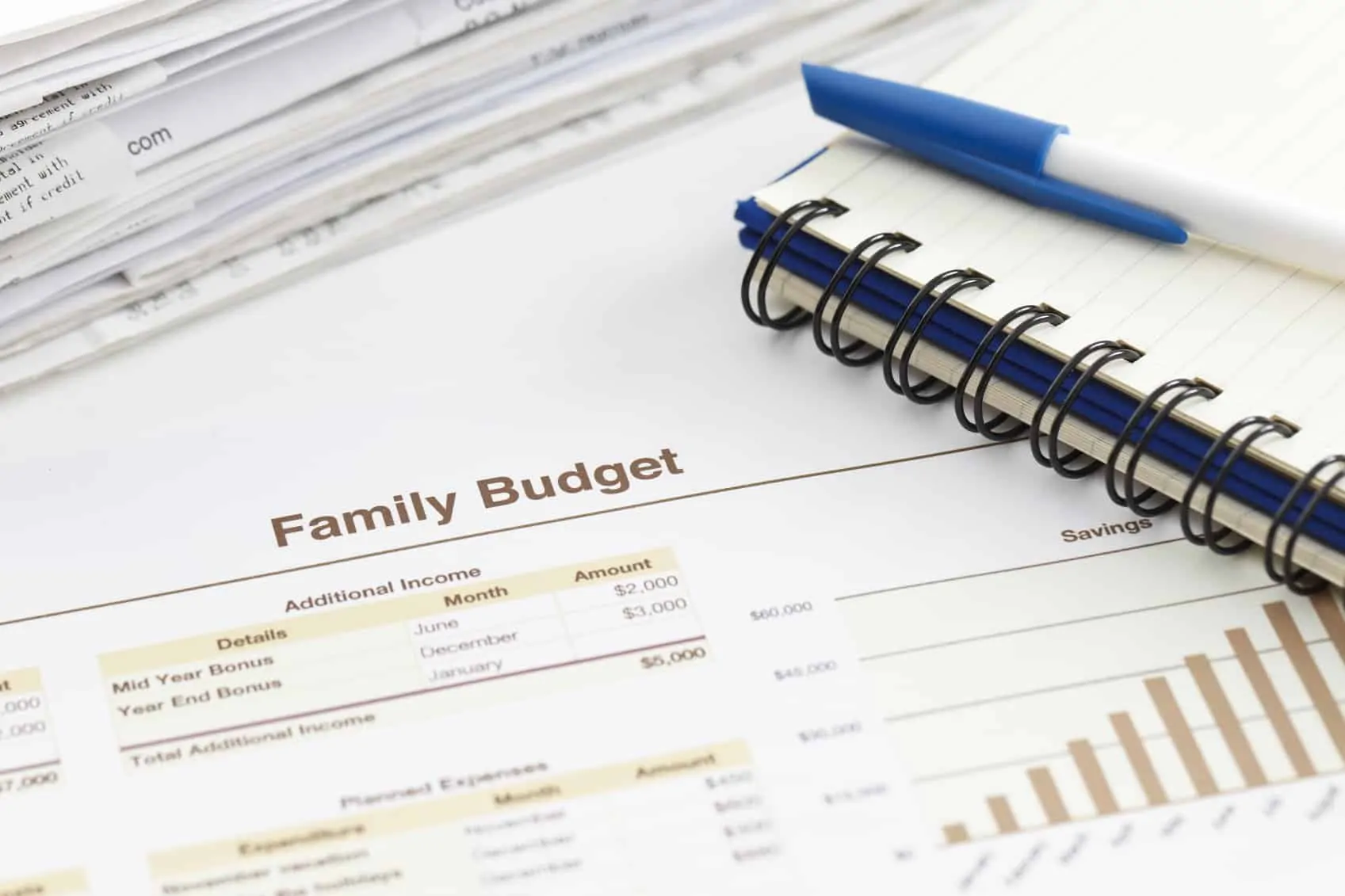Budgeting is one of those necessary evils in life; whether you have plenty of money or you’re struggling to make ends meet. A strong budget can help you reach greater financial stability and help you meet goals for your preferred lifestyle.
A FINRA Investor Education Foundation 2015 survey found that on average, 31 percent of Americans are currently satisfied with their current financial status. This is better than the roughly 20 percent in their 2012 survey. However, other aspects of the survey held some signs that there is still a lot of worry about finances. 1 in 5 respondents have unpaid medical debt and 4 in 10 feel they are carrying too much credit card debt.
Many of these people realize that having more money in their pockets requires budgeting; rather than trying to pay the minimum on credit cards or making snap buying decisions, the best solution to money problems is budgeting. Making a budget work requires you to be proactive and some steps that can make a budget work for you include the following.
Making good spending decisions
Many believe that a budget means they have to avoid any type of luxury or splurging. This is simply untrue, budgeting means you plan for luxury items like a vacation or that big-screen television you want rather than resorting to impulse buying.
Setting your priorities
How you spend your money is an indication of your priorities. Budgeting my only be the start of this battle; if you decide ahead of time how much money you’ll spend on specific purchases during a month, you can make the most of your budget. For example, you’ll first prioritize your basic expenses, housing, utilities, food, etc. The “extra” money then gets broken into specific categories such as lunch or dinner outside the home, dry cleaning. Once you’ve reached the budgeted amount for the month, those luxury items are stopped for the month.
Where’s your money going?
Tracking your spending is becoming easier than ever. Fortunately, many applications that allow you the flexibility of tracking your money in detail. By taking advantage of these apps, you’ll be able to track where you’re actually spending money and find places where you can cut your spending as well. However, there is a debt elimination software available that you can use to reduce the amount of interest you pay and maximize the impact of your payment on the principle balance. This will be a tremendous help to your overall budgeting. Remember, don’t leave this to your own memory, this is a dangerous proposition because you’ll never remember those small purchases that can add up to big money every month. In “Making the Most of Your Money Now,” Jane Bryant Quinn said, “Write down where your money went last month. Don’t do it from memory. … Compare the result with your take-home pay. Odds are that you can’t account for all the money. In fact, there will probably be a significant gap between what you earned and what you remember spending.”
Take the time to plan ahead
We all understand that saving for retirement is important but what about those regular expenses that you know are coming up. Items like taxes on your home, your automobile repairs or registration, holiday spending, etc. all add up and a one-time large expense can be a budget-breaker. Putting aside small amounts of money on a weekly or monthly basis can allow you to stay on track, even when you are working on a tight budget.
Being prepared for life’s unexpected moments
The best planning can go awry if you don’t have savings. A survey conducted in 2016 by The National Foundation for Credit Counseling® (NFCC®) and BECU found personal savings rates have increased to 26% in 2016 vs. 24% in 2015. This is good news but it also shows how few people actually have an emergency fund for those unexpected expenses.
Budgets are not expected to be ground in stone; some months you’re likely to overspend, others you’ll do fine. Regardless of this, that doesn’t mean you’ve failed. Take the time to review what you did spend, get to the root of the overspending and adjust accordingly. Taking the time to budget can help you improve your overall financial future. Contact Teton Pines Financial to learn more about our Financial GPS program; a smart way to get your finances on track.

